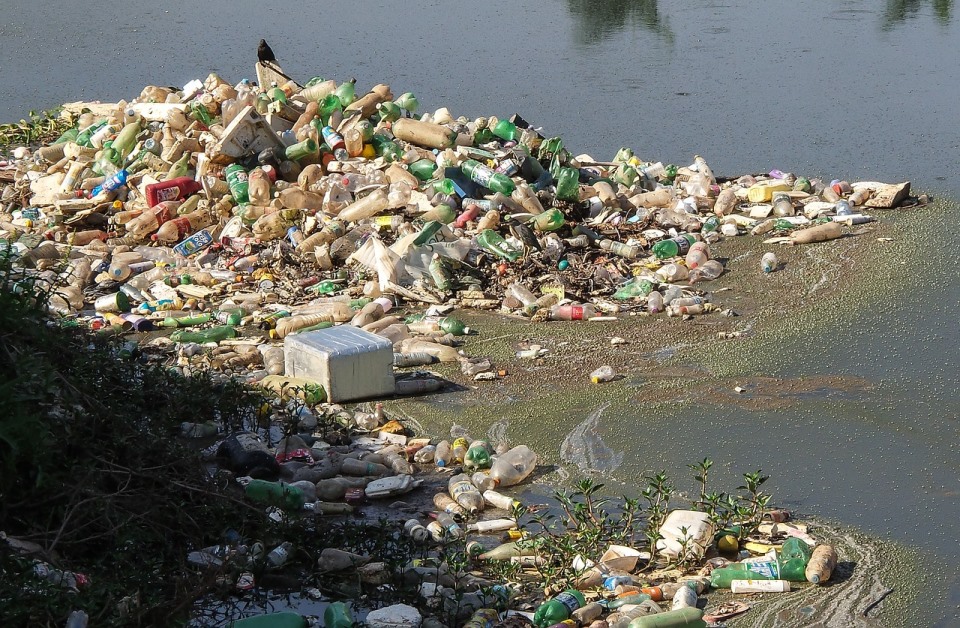Plastic waste is one of the biggest global issues ever. The oceans become a landfill of about 100 million tons of plastics and about 90% of this waste comes from land-based sources.
Nearly 1 million people have signed a worldwide petition for their governments to participate in the Basel Convention. 187 countries have signed an agreement to reduce the global plastic waste crisis during the UN Convention in Geneva, Switzerland. The US has not yet ratified the Basel Convention and is not one of the countries that signed the new agreement.
Rolph Payet, Executive Secretary of Basel, Rotterdam and Stockholm (BRS), said in a statement: “Plastic waste is acknowledged as one of the world’s most pressing environmental issues, and the fact that this week close to 1 million people around the world signed and petition urging Basel Convention Parties to take action here in Geneva at the COPs is a sign that public awareness and desire for action is high.”

What Is Basel Convention About?
The Basel Convention is an international treaty signed in 1989 restricting the transboundary movement of hazardous wastes and their disposal. 53 countries have signed the treaty. In 2018, there were 187 parties. In 2019, it was proposed that plastics would be included.
Countries that have historically opposed the regulation of plastic waste, such as Japan or Canada, have also supported the proposal.
US need Approval
The World Wide Fund for Nature (WWF) states that if the US continues to trade contaminated plastic waste, it needs to require seek prior approval from 187 recipient countries that have agreed to the pact.
According to recent estimates published in Resource Recycling, the US currently exports at least 80% of its mixed plastics.
China and Malaysia are the largest recipients of plastic waste from the US. It is a matter of time before these two countries take certain measures to curb the trade in plastic waste, as their borders face problems with huge quantities of plastic. Thailand, India and Vietnam have already introduced measures to restrict trade in plastic waste last year. As a result, US ports are waiting to see which country receives their waste.
Von Hernandez, global coordinator of Break Free from Plastic said that “Countries at the end of mixed and unsorted plastic waste from foreign sources now have the right to refuse these problematic shipments, in turn compelling source countries to ensure exports of clean, recyclable plastics only. Recycling will not be enough, however. Ultimately, the production of plastics has significantly curtailed to effectively solve the plastic pollution crisis. ”
The new regulations are expected to have a positive impact on the plastic waste recycling industry and recycling worldwide. The overall quality of plastic recycling in rich countries is expected to increase.
Source: http://www.trueactivist.com/187-countries-have-agreed-on-restrictions-of-global-plastic-waste-trade-but-the-u-s-is-not-one-of-them-t1/
Credit: needpix.com, wikimedia.org, pixabay.com















